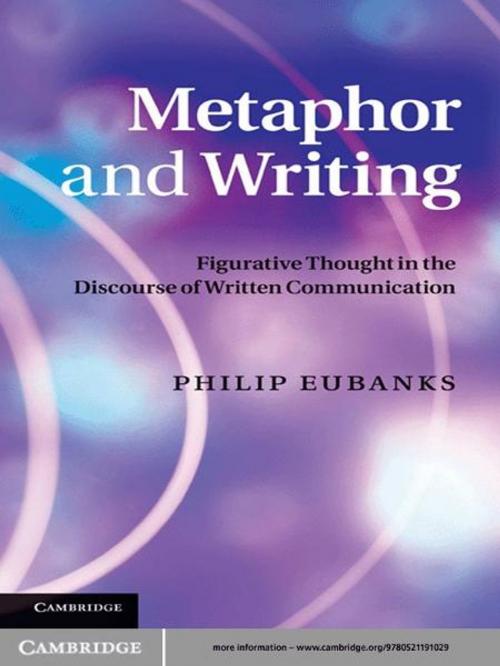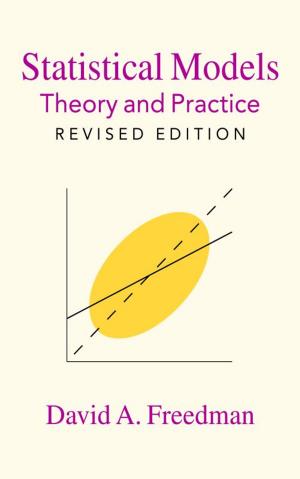Metaphor and Writing
Figurative Thought in the Discourse of Written Communication
Nonfiction, Reference & Language, Language Arts, Linguistics, Health & Well Being, Psychology| Author: | Philip Eubanks | ISBN: | 9780511851216 |
| Publisher: | Cambridge University Press | Publication: | November 4, 2010 |
| Imprint: | Cambridge University Press | Language: | English |
| Author: | Philip Eubanks |
| ISBN: | 9780511851216 |
| Publisher: | Cambridge University Press |
| Publication: | November 4, 2010 |
| Imprint: | Cambridge University Press |
| Language: | English |
This volume explains how metaphors, metonymies, and other figures of thought interact cognitively and rhetorically to tell us what writing is and what it should do. Drawing on interviews with writing professionals and published commentary about writing, it argues that our everyday metaphors and metonymies for writing are part of a figurative rhetoric of writing - a pattern of discourse and thought that includes ways we categorize writers and writing; stories we tell about people who write; conceptual metaphors and metonymies used both to describe and to guide writing; and familiar, yet surprisingly adaptable, conceptual blends used routinely for imagining writing situations. The book will give scholars a fresh understanding of concepts such as 'voice', 'self', 'clarity', 'power', and the most basic figure of all: 'the writer'.
This volume explains how metaphors, metonymies, and other figures of thought interact cognitively and rhetorically to tell us what writing is and what it should do. Drawing on interviews with writing professionals and published commentary about writing, it argues that our everyday metaphors and metonymies for writing are part of a figurative rhetoric of writing - a pattern of discourse and thought that includes ways we categorize writers and writing; stories we tell about people who write; conceptual metaphors and metonymies used both to describe and to guide writing; and familiar, yet surprisingly adaptable, conceptual blends used routinely for imagining writing situations. The book will give scholars a fresh understanding of concepts such as 'voice', 'self', 'clarity', 'power', and the most basic figure of all: 'the writer'.















